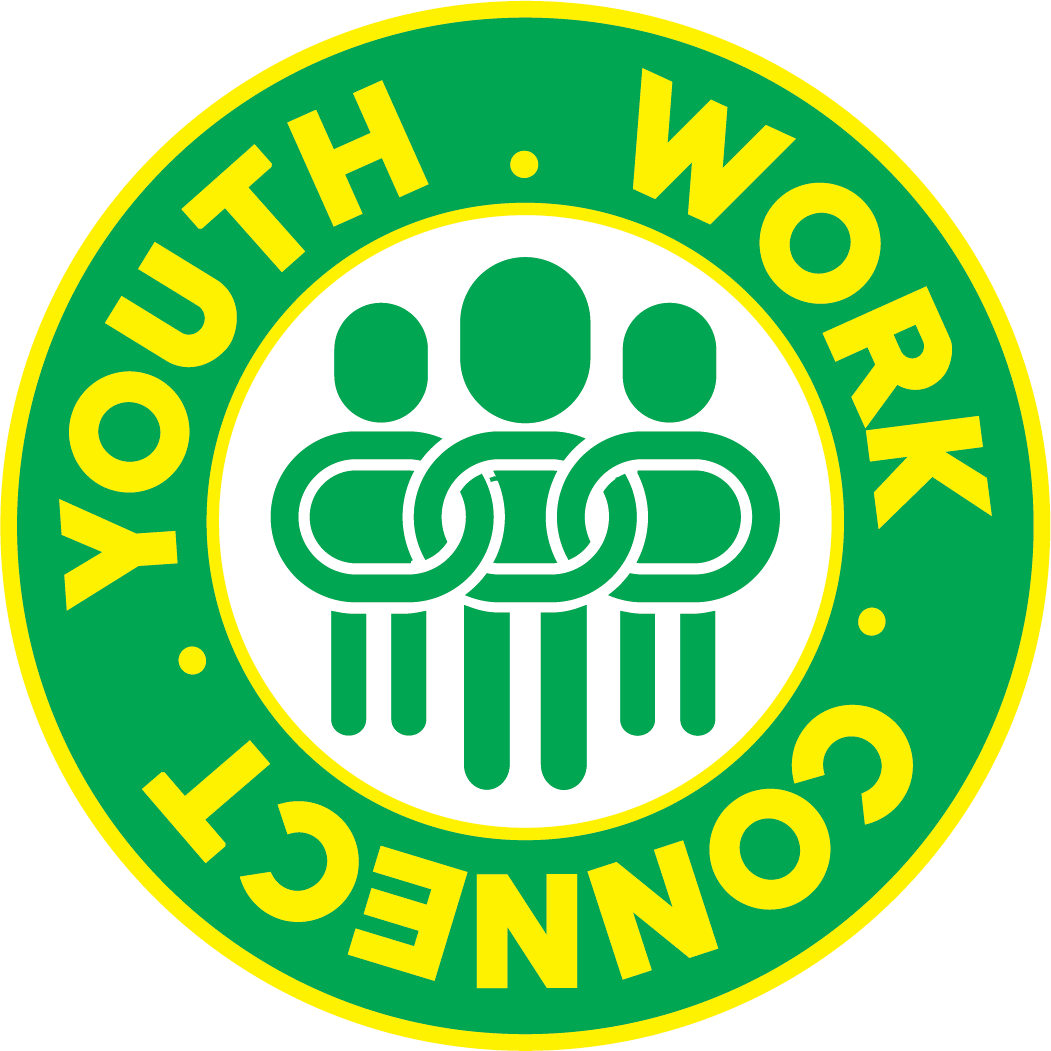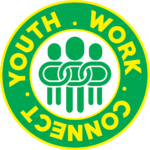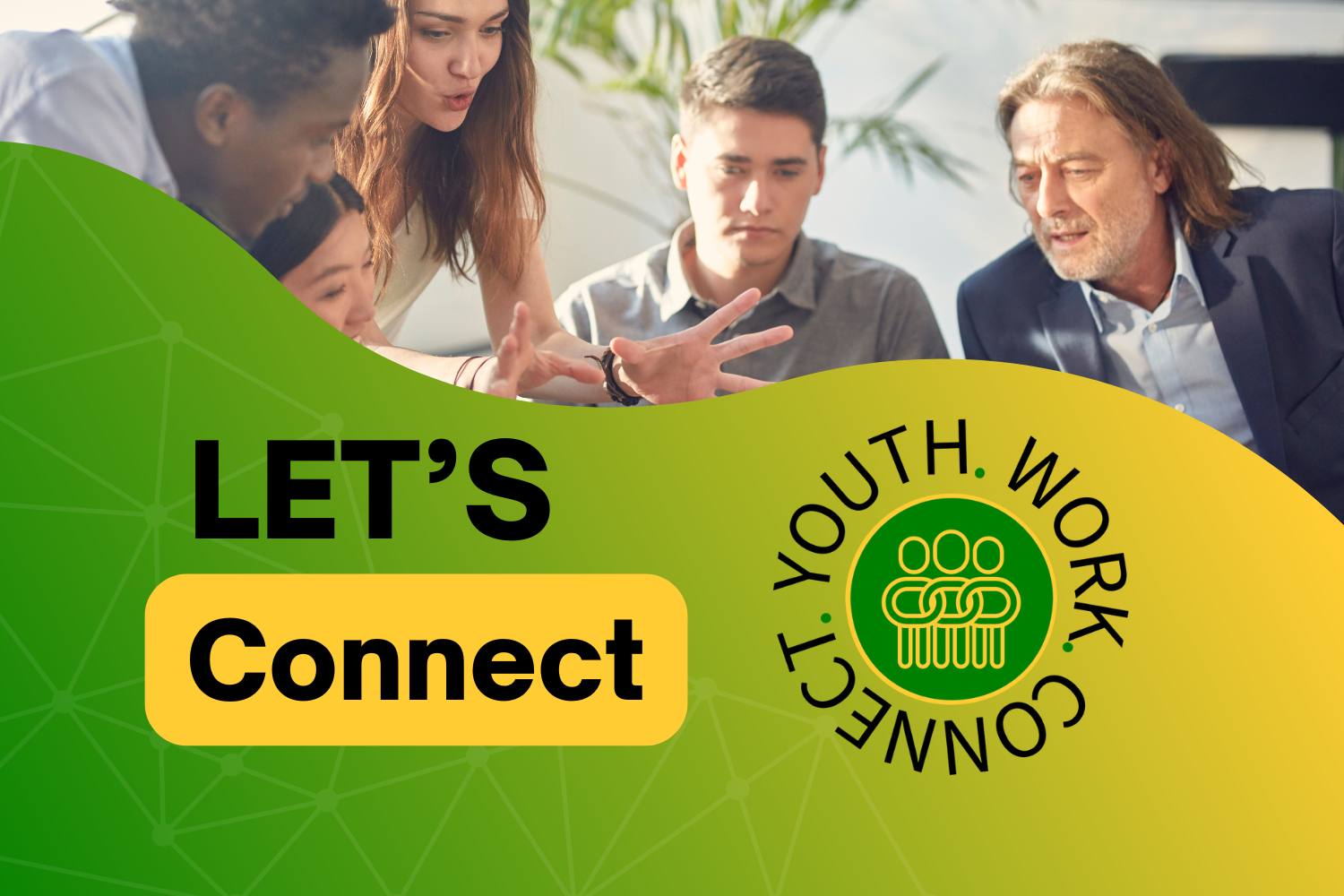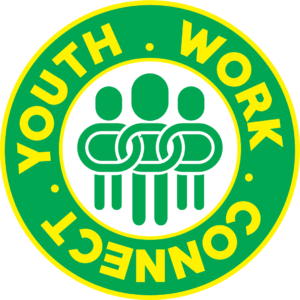BUILDING POWER SKILLS Part 2 – MANAGING OTHERS
We are continuing our series on Power Skills—the essential skills that enhance our ability to work and lead others effectively, and which improve our ability to network and build professional relationships. Last month, we explored the Managing Self, delving into self-awareness, taking initiative, time management, and professional and ethical behavior.
This month, we shift our focus to Managing Others. In every workplace, personal and team success is built not just on individual talent but also on the ability to guide, support, and inspire those around us. Managing Others encompasses the skills which foster a collaborative environment and effective workspace that elevates the entire team.

What Are the Skills Associated with Managing Others?
We all come to work, school, community meetings, etc. with our own personalities, experiences and beliefs. Teams that bring different perspectives to address issues that we collectively face can be immensely powerful, but not always easily managed. We can all contribute to team solutions and outcomes — whether that means stepping up to lead a project, offering support when challenges arise, or simply being willing to listen and learn from others.
Here are some of the key power skills that we have identified for Managing Others:
- Teamwork: Understanding how to work collaboratively with others.
- Leadership: Being able to motivate and guide others.
- Project Management: Organizing and coordinating efforts to keep projects moving forward efficiently.
- Developing Talent: Training others, developing their strengths, and recognizing their accomplishments.
These skills are not only needed by those in formal leadership positions. No matter where we are in an organization, we can impact outcomes through our ability to manage others.
Why is the Ability to Manage Others Important for Your Career?
The ability to manage others can make you more effective on the job by being able to tackle complex projects, make better decisions, and create a positive work environment. It can also help increase the size and depth of your professional network and build professional relationships as others recognize the behaviors that you demonstrate.
As you reflect on this Power Skill, ask yourself: How can I make a difference in my school or workplace, or any organization that I belong, by working with others?

Meet Daré Kumolu-Johnson, Training Coordinator, Cristo Rey Research Triangle HS
We are pleased to speak today with Daré Kumolu-Johnson, Training Coordinator at Cristo Rey Research Triangle High School (“CRRT”). Daré joined CRRT in November 2024 after teaching math at Southern School of Energy and Sustainability for the past five years and previously having worked as a Software Engineer for IBM. Daré earned a bachelor’s degree from Morgan State University after emigrating to the United States from Lagos, Nigeria.
Daré, can you describe your role as a Training Coordinator and what led you to be interested in the position at CRRT?
I partner with Youth.Work.Connect on the development and implementation of a four-year career readiness curriculum that aligns with the continuous growth needs of students and the work skill needs of corporate partners. My role also defines and implements desired learning outcomes and assessment metrics, tools, and schedules. I also train student workers to prepare them for job placements and support the planning and execution of training activities for non-deployed students, as needed. I also assist with the management of morning check-in with daily dress code and attendance checks, daily announcements, and bus dismissal among other duties.
I have always had an affinity for advising students on workplace preparation. When I was in college at Morgan State University, an organization called INROADS had a similar training program for students. It was a program that trained us on various professional development aspects such as interview preparation, workplace etiquette (dress for success, communication skills, etc.), mentoring, email etiquette, among others. Their training helped me receive outstanding summer internship offers. Since then, I have found myself constantly informing students on how intentional preparation was the way to success. Hence, when I found this job, I was excited about the opportunity to work with high school students by providing them with the same readiness training.
The mission of Youth.Work.Connect. is to introduce the practice of professional networking to high school students to boost their chances of future economic mobility. Can you share a personal story about how your professional network has helped you find a job or advance professionally?
As mentioned earlier, the INROADS program and the network that resulted from their training activities was how I got a summer internship at Goldman Sachs while I was in college.
Also, I got this job (at Cristo Rey) through networking. My fellow teacher, Ms. Caitlin Miller had just gotten a job here. She mentioned the school and what she was going to do to me. I told her to let me know if they had any other role available. A few days later, she told me about this role. I applied for the job, went through the interview process, and was offered the role. Networking made the difference!
We often put the sole responsibility on students to build their own professional networks and relationships. How can their adult allies such as teachers, coaches, supervisors at work, etc. help them to build connections and relationships?
Yes, we do place sole responsibility on them and need to do better as adults in their lives. Teachers, Coaches, and Supervisors at work can help students build connections and relationships by taking the initiative to connect them with people, adding them on their LinkedIn accounts, mentoring them, among others. They can make more intentional efforts to connect their students rather than placing all responsibility on the students.
Professional networking is one of the ways to build both career satisfaction and financial stability. But we also need good education/ training and a strong work ethic. Working with high school students, what is your advice on how to balance the three?
I often remind them that as much as it is important to build a network of people, it is also crucial to have a great education/training and a strong work ethic. No one will recommend or refer you if you do not have a strong work ethic. If you are part of my network and I recommend you, I expect you to represent me well. I do not want you to devalue my currency with my network and vice versa. Hence, it is particularly important to build a network just as much as it is to have excellent education and training coupled with an exemplary work ethic.
LET’S STAY CONNECTED
We would appreciate your thoughts on our initiative and welcome opportunities to collaborate. You can reach us at info@youthworkconnect.org and we look forward to staying connected.



